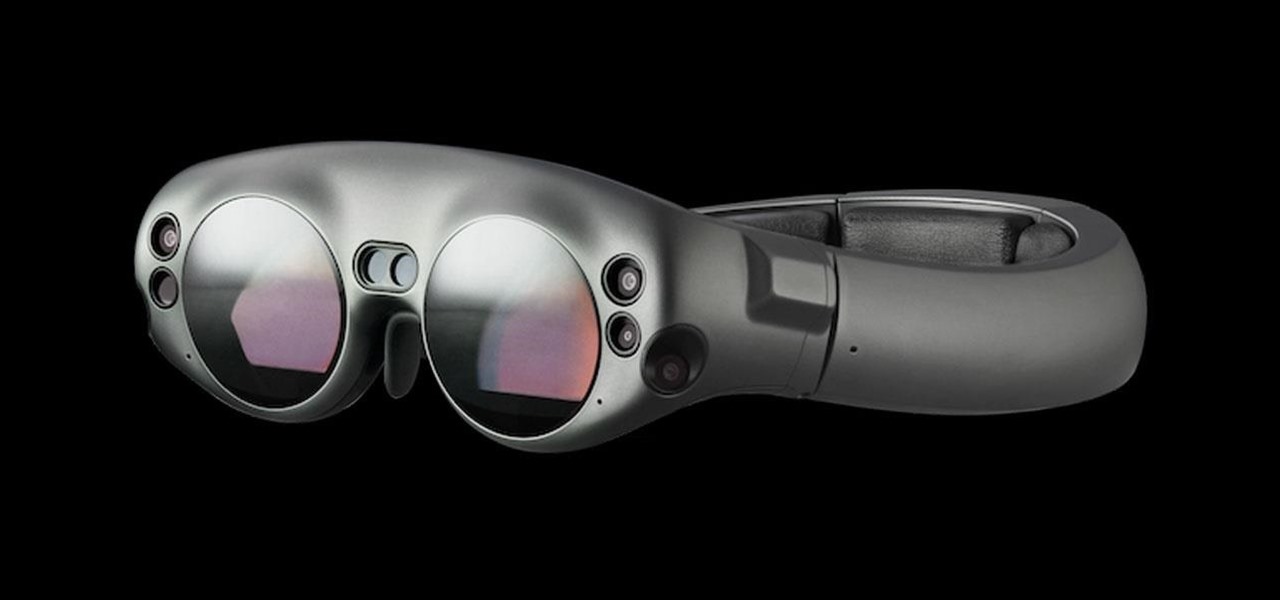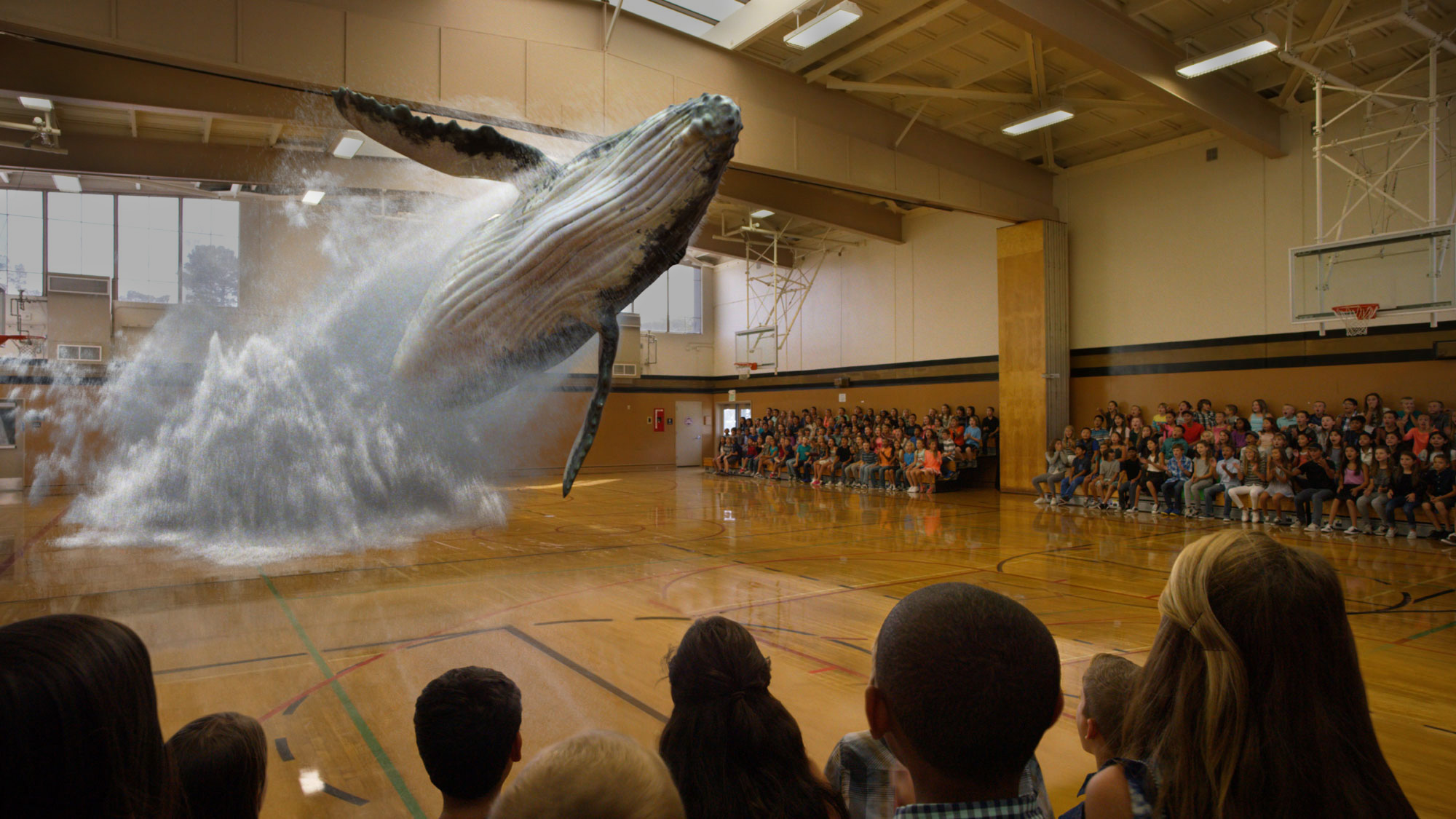Magic Leap’s Disappointing Demo Could Be A Death Knell For AR
On Wednesday, after nearly four years of secrets and speculation, the $2.3 billion Magic Leap revealed that its first mixed-reality headset will hit the market this summer, exclusively on AT&T.
The news came during the company’s third livestream on Twitch — you can watch a replay here — and it included one of the company’s first demos of the technology.

Frankly… I found it a little disappointing. This time the company said it’d have a real demo in tow: “We’ll dive into some Magic Leap One specs and share a demo of an upcoming developer sample,” the company tweeted ahead of the event — but what we got was a prerecorded demo that didn’t look much better than what we’ve seen from the likes of Microsoft’s HoloLens, and nothing close to the concept videos Magic Leap teased years ago.
That said, even HoloLens still feels like a magical piece of tech, and we suspect much of Magic Leap’s magic can’t be communicated over the web — the company has patents on displays that could theoretically make it feel more comfortable and natural to your eyes than any VR or AR headset we’ve ever tried.
But I digress: Here are all the things we just learned about Magic Leap’s headset.
It’s finally coming this summer
Magic Leap has been in secretive, NDA-only stealth mode for so long it’s hard to believe, but the company just announced right at the beginning of the stream: The first product will ship this summer — and since we’re already partway through summer, it’s coming pretty soon eh?

Microsoft, one of the biggest players in the mixed reality headset market, is still going full steam ahead with its HoloLens — a mixed reality headset that first shipped in 2016. Its proposed applications, however, are a bit different than those for Magic Leap. Microsoft has its eyes on industrial applications: architects examining virtual models of houses, holographic conference calls, and hardhat-mounted augmented reality for construction workers. Magic Leap seems to be aiming at something far more playful, more fun, and perhaps more likely to integrate into the daily life of the average person.
It’s impossible to tell just yet whether Magic Leap’s disappointing showing will have a chilling effect on the industry as a whole. But it’s unlikely VCs are going to be quite so willing to invest in Magic Leap (or the next shiny AR company that comes after it) in the future.

A MOONSHOT. Magic Leap’s ambitions couldn’t have been bigger. Video after video painted a magical future of highly-detailed models of the solar system floating in midair, one-of-a-kind AR experiences for a whole auditorium of school children, and so on. But this latest tech demo shows that it has a very long way to go.




